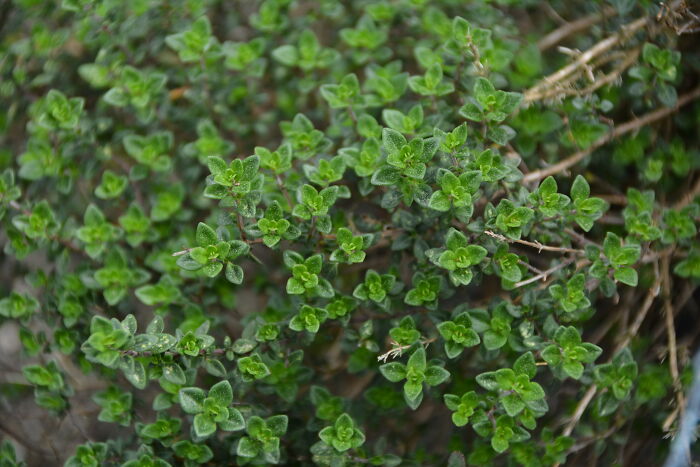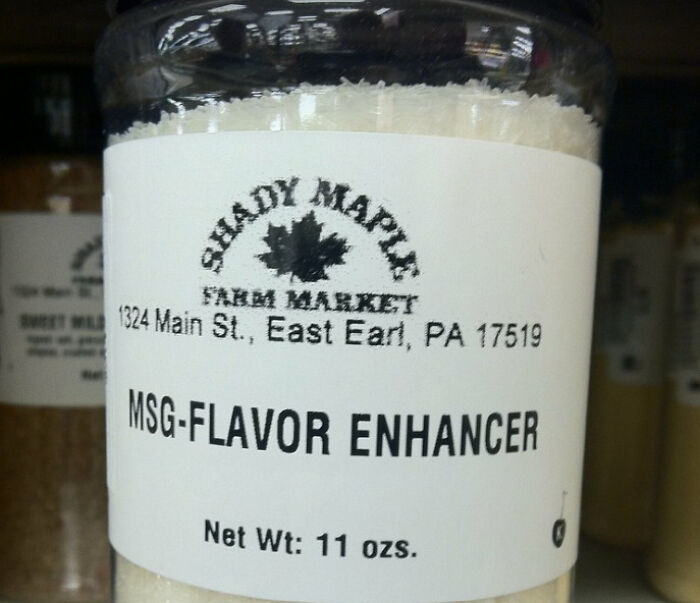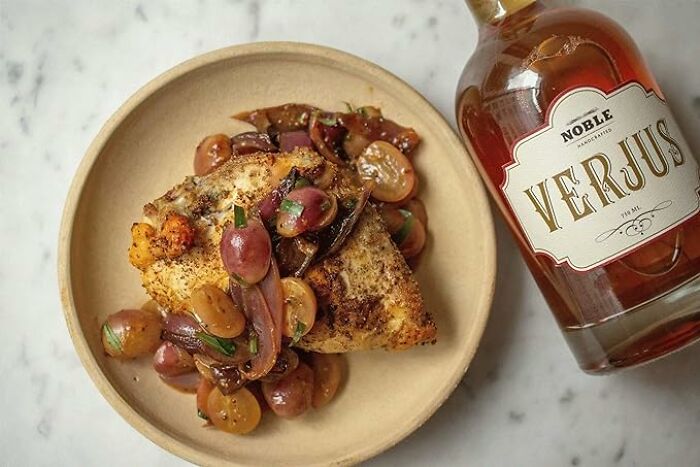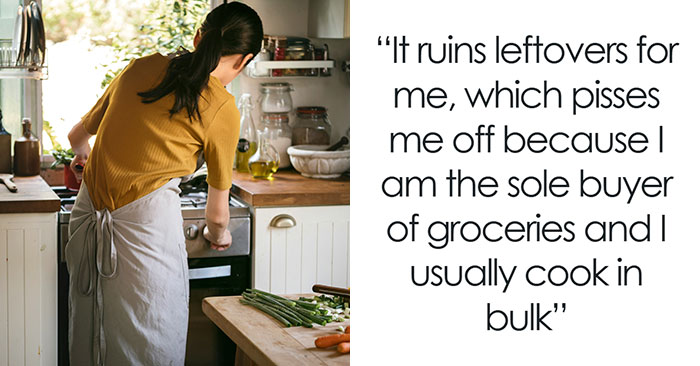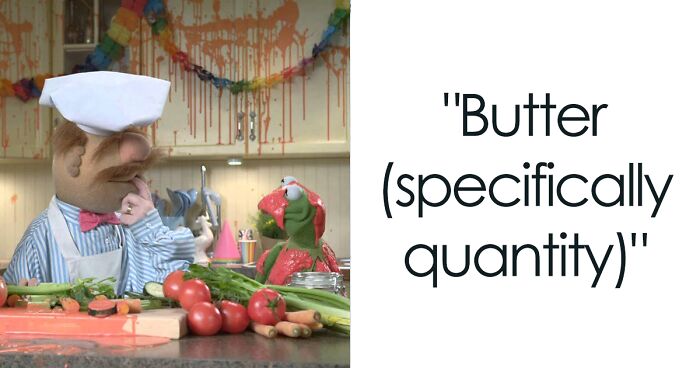
29 Pro Chefs Reveal Their “Secret Weapon” Ingredient Which Completely Changed The Way They Cook
In cooking, it would seem that the difference between a professional and an amateur does not matter as much as in many other areas of human activity. For example, you are unlikely to trust an ordinary fan of flight simulators at the controls of an aircraft during your flight, and you definitely don't want to go for a medical consultation with a dude who has reviewed all the seasons of House M.D.
On the other hand, how often does it happen that meals prepared by home cooks are no less tasty than the best samples from famous and expensive restaurants? Or are training and experience game changers here too? Netizens from this viral thread in the AskReddit community are trying to find the answer to this question.
More info: Reddit
This post may include affiliate links.
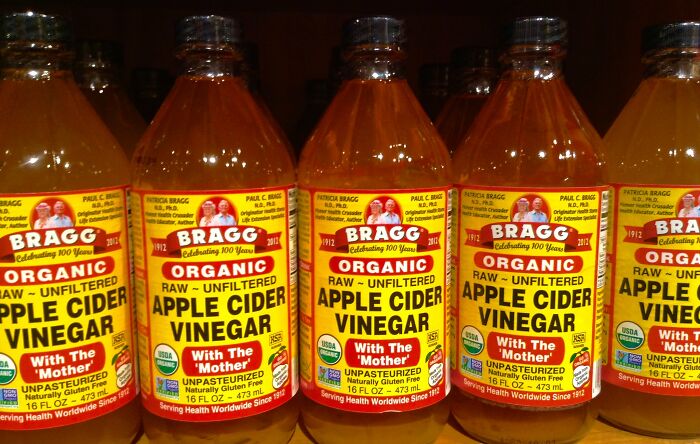 Acid. If you feel like something needs salt, but when you salt it, it still needs something, it's usually missing acid.
Acid. If you feel like something needs salt, but when you salt it, it still needs something, it's usually missing acid.
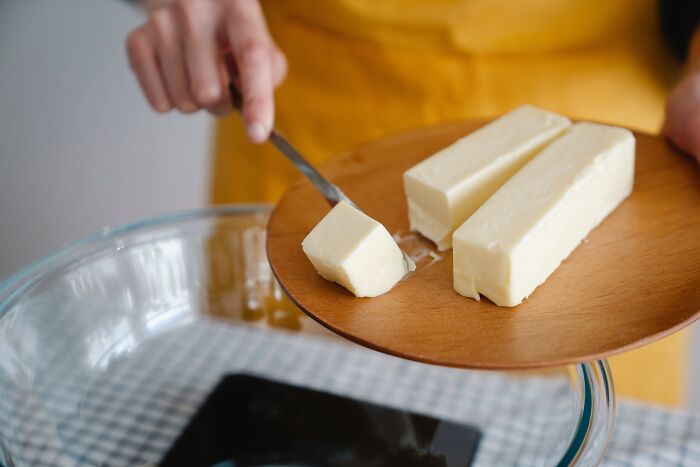 Butter (specifically quantity)
Butter (specifically quantity)
 Smoked paprika. Great taste and adds a lot of depth to the flavor of rubs and stews.
Smoked paprika. Great taste and adds a lot of depth to the flavor of rubs and stews.
Of course, cooking definitely doesn't belong to those areas of activity where the slightest mistake can lead to critical consequences (no, we are not talking about, let's just say, cooking fugu fish in Japanese cuisine!). For example, mac 'n' cheese from an experienced chef and an absolute beginner will, most likely, differ in taste, consistency... and that's all? But still, there are many secrets, big and small, that distinguish pros from amateurs.
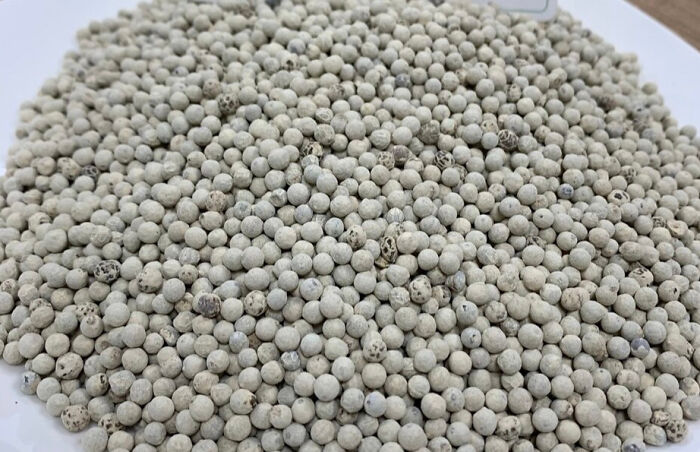 White pepper, it adds this lovely flavor that enhances any savory dish, and can be found at any grocery store. You can also get white pepper mixed with MSG at any Asian supermarket just about, it’s really good in potato dishes!
White pepper, it adds this lovely flavor that enhances any savory dish, and can be found at any grocery store. You can also get white pepper mixed with MSG at any Asian supermarket just about, it’s really good in potato dishes!
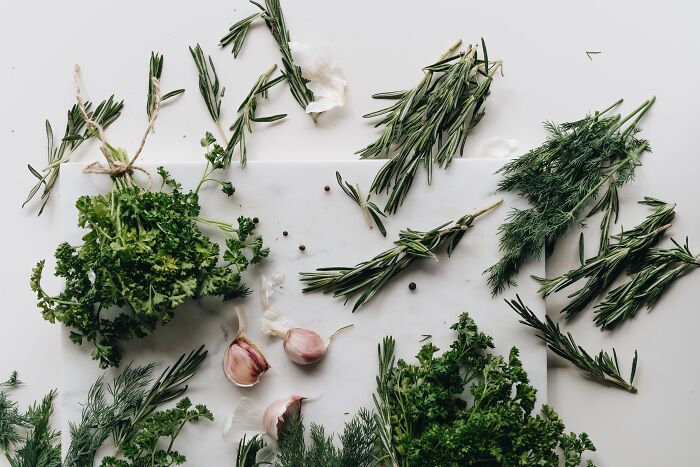 Fresh herbs
Fresh herbs
Fresh herbs over dried herbs any day every day but if you don't have access to it, dry herbs isn't bad.
 Coffee in chocolate cakes
Coffee in chocolate cakes
“In fact, it seems to me that the main difference between a professional chef and the home cook is not so much in any specific skills or the use of special products, but in knowledge,” says Roman Sardarian, a chef from Odessa, Ukraine, whom Bored Panda asked for a comment here. "Knowledge of the products, the dosage and the effects they cause."
“Let’s take, for example, such a well-known thing as monosodium glutamate, which causes that very 'umami' - the taste that Asian cuisines distinguish into a special, fifth taste. Many people say that this is just 'chemistry' - although, for example, monosodium glutamate can be found in nature - for example, in a cherry tomato. And the main thing here is the correct dosage, because if you add too much of it, you will not end up with a damn tasty dish, but food with the 'unique' taste of a bouillon cube."
 Professional chef here: Time and timing.
My partner absolutely loves cooking, but is super impatient. Often, they'll try to remake a recipe that I've already cooked for them, but they dump everything into the pan, either at the same time or too early. They're very confused about why their food doesn't turn out like mine.
Professional chef here: Time and timing.
My partner absolutely loves cooking, but is super impatient. Often, they'll try to remake a recipe that I've already cooked for them, but they dump everything into the pan, either at the same time or too early. They're very confused about why their food doesn't turn out like mine.
Two big quotes I've always stood by as a chef, "good food takes time" and "I want it done right, not right now". There's a reason for the words method and technique in cooking.
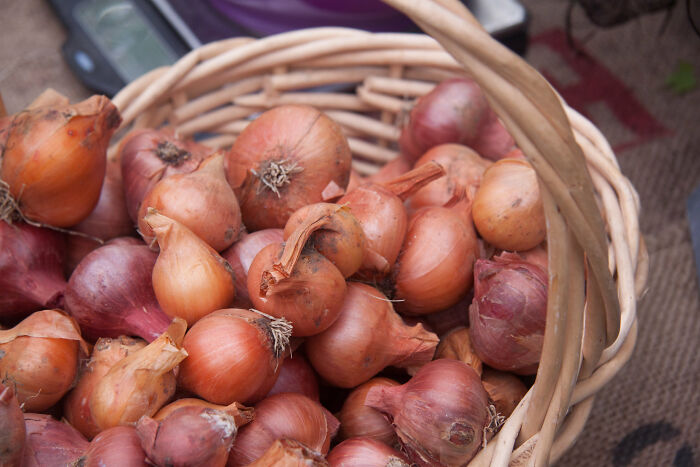 Shallots
Shallots
Shallots have a much smoother flavour than ordinary onions, but I find them really fiddly to peel.
 Not an ingredient. But taste your food as you go. I watch people cook and they never taste. Taste as you go. Adjust seasoning.. then when it's done you won't have a surprise disaster or under seasoned mess.
Not an ingredient. But taste your food as you go. I watch people cook and they never taste. Taste as you go. Adjust seasoning.. then when it's done you won't have a surprise disaster or under seasoned mess.
100% agree, it makes a big difference since you can adjust flavors or change flavors as you cook.
"Or, for example, nitrite salt, which is an absolute must for literally any sausage. If you want homemade sausage to have that special 'ham' taste, it’s about it, the nitrite salt. However, this is, again, not some kind of a 'secret' specific substance 'constructed' by chemists in a secret laboratory, but a completely natural compound. For example, it's present in any sprig of parsley," Roman adds. “In the end, cooking, on the one hand, is an art, and on the other, almost an exact science. And this is all its unique charm!”
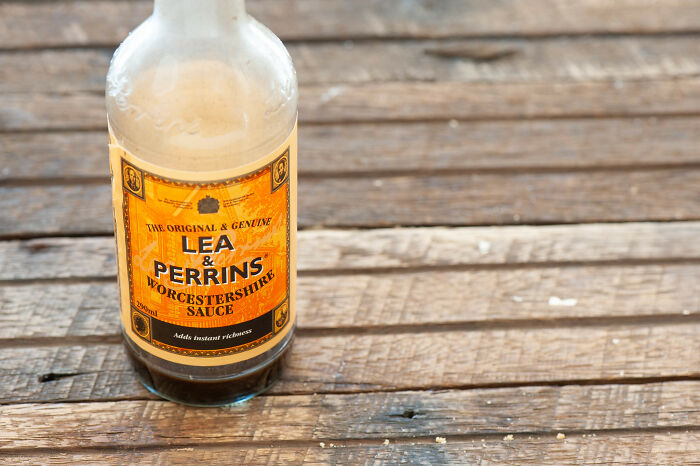 Umami is used by chefs, but under utilized by home cooks. Some examples are Worcestershire, parmigiana, miso, anchovies. By themselves may be too harsh, but blended into a sauce will add much more depth to the existing flavors.
Umami is used by chefs, but under utilized by home cooks. Some examples are Worcestershire, parmigiana, miso, anchovies. By themselves may be too harsh, but blended into a sauce will add much more depth to the existing flavors.
Anchovies are brilliant for adding richness to anything tomato based-you can get them preserved in a oil in a jar, and they keep for ages. A couple of anchovies smashed up and blended in with marinara sauce, bolognese type sauce, casseroles etc. You only need a couple, any more than that would add a distinct flavour, but just a couple adds depth without obvious change of flavour.
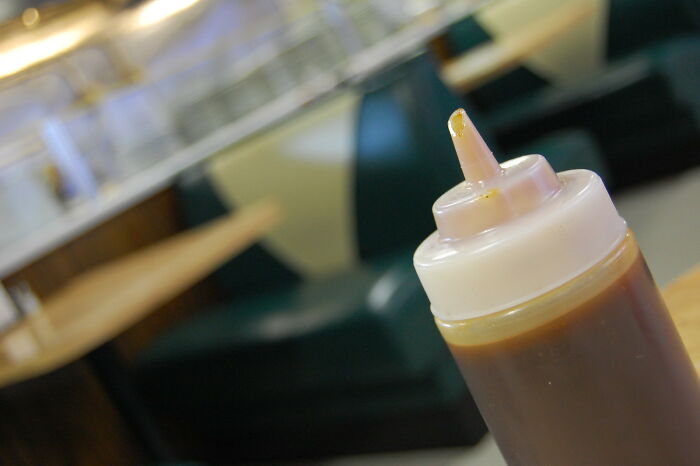 Squeeze bottles of commonly used liquids. My dad was a professional chef and had a few squeeze bottles - high smoke point oil, olive oil, water, vinegar - always ready at home. Makes it a lot easier when you need to add a quick splash of oil or something to deglaze a pan
edit: also, OXO squeeze bottles rock. I have another brand that were about the same price as OXO and they feel so cheap
Squeeze bottles of commonly used liquids. My dad was a professional chef and had a few squeeze bottles - high smoke point oil, olive oil, water, vinegar - always ready at home. Makes it a lot easier when you need to add a quick splash of oil or something to deglaze a pan
edit: also, OXO squeeze bottles rock. I have another brand that were about the same price as OXO and they feel so cheap
OXO everything is great! Almost all my cooking utensils are either OXO or GIR.
Well, we in no way want to tell you that a home cook is not capable of matching a professional. And another unique thing about cooking is precisely that here, talent or predisposition can bridge the gap in experience and skills. And if you also know many small secrets like the ones in this collection, then this gap can be bridged even more easily. So please feel free to scroll this list to its very end - and maybe try to unveil your own secret in the comments below!
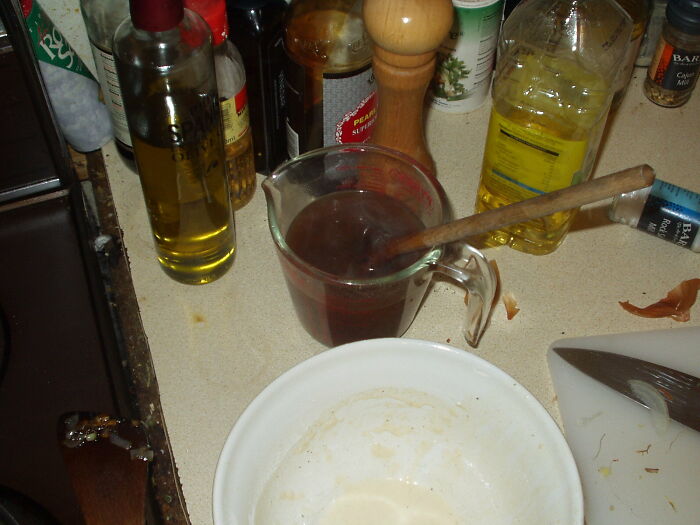 Homemade stock
Homemade stock
I didn't know how good stock was until I started using it...it's like doing a Caribbean stew with coconut milk instead of water...so much difference.
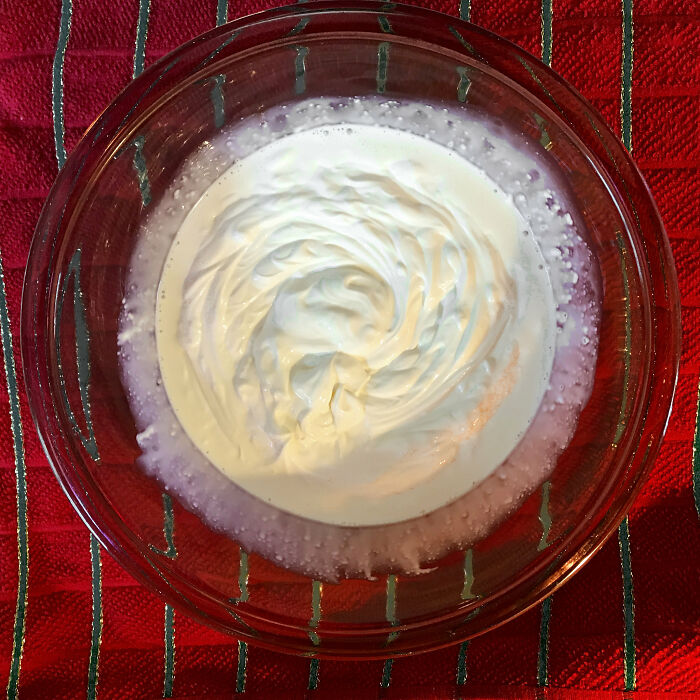 So as a sous chef, I work very closely with my head chef, and take note of just about everything he does.
So here's some things that may seem like a "no duh" but you'd be surprised how under utilized it is.
Butter and heavy cream. Salt. Acids, like lemon, lime, vinegars etc. Fresh ingredients. Mustard, specifically brown mustards. Eggs. Onions, shallots. Peppers of all forms.
Most of those sauces you like at restaurants? Probably have mustard or some other s**t you wouldn't expect, eggs and some form of cream. Lots of salt.
It's not necessarily that any of those ingredients are uncommon or even under utilized, it's that they're not used to make a whole flavor profile.
Getting a truly spectacular flavor for something isn't necessarily exotic ingredients, it's about balancing ingredients to hit flavor profiles that are well rounded.
If anything, I'd say that what is really lacking in most home cooks arsenal is technique. Technique far out paces any kind of ingredient you could use.
It's honestly 70% technique, 25% ingredients and 5% patience. At least in my opinion.
So as a sous chef, I work very closely with my head chef, and take note of just about everything he does.
So here's some things that may seem like a "no duh" but you'd be surprised how under utilized it is.
Butter and heavy cream. Salt. Acids, like lemon, lime, vinegars etc. Fresh ingredients. Mustard, specifically brown mustards. Eggs. Onions, shallots. Peppers of all forms.
Most of those sauces you like at restaurants? Probably have mustard or some other s**t you wouldn't expect, eggs and some form of cream. Lots of salt.
It's not necessarily that any of those ingredients are uncommon or even under utilized, it's that they're not used to make a whole flavor profile.
Getting a truly spectacular flavor for something isn't necessarily exotic ingredients, it's about balancing ingredients to hit flavor profiles that are well rounded.
If anything, I'd say that what is really lacking in most home cooks arsenal is technique. Technique far out paces any kind of ingredient you could use.
It's honestly 70% technique, 25% ingredients and 5% patience. At least in my opinion.
So 75% of what is said is about ingredients which is only 25% if what is important, and that's mostly "shīt you wouldn't expect". Takes pointless notes.
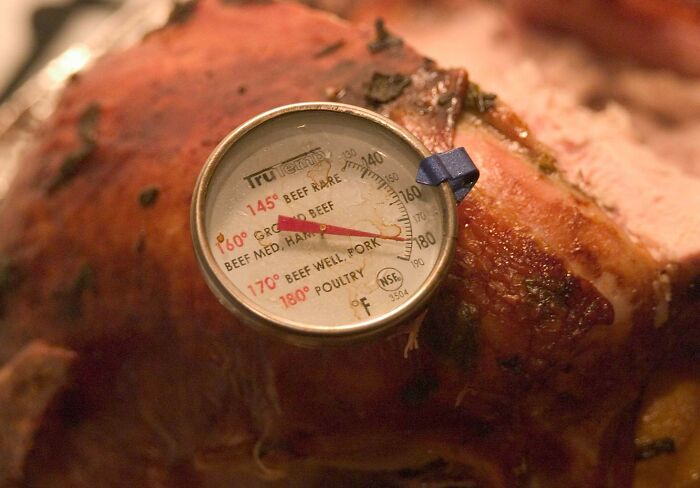 Meat thermometer. Quit overcooking the proteins. This is the difference between juicy or rubber chicken.
Meat thermometer. Quit overcooking the proteins. This is the difference between juicy or rubber chicken.
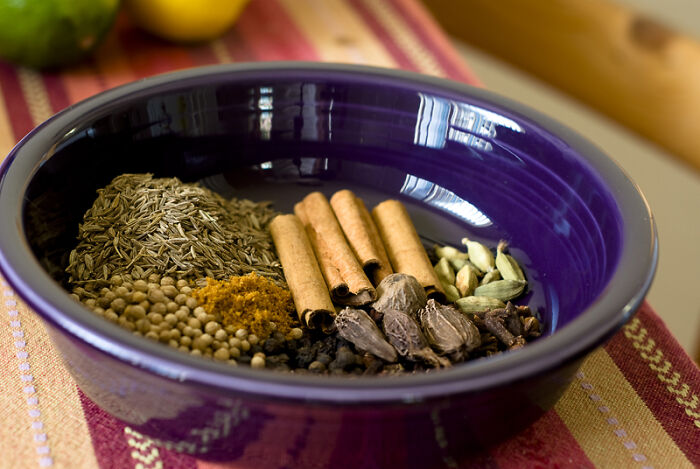 Whole spices. The difference between whole allspice, nutmeg, fennel, pepper, and ground versions is...noticeable!
I buy whole and use a mortar and pestle as I go. Fresh flavors definitely pop.
Whole spices. The difference between whole allspice, nutmeg, fennel, pepper, and ground versions is...noticeable!
I buy whole and use a mortar and pestle as I go. Fresh flavors definitely pop.
If you've got a Chinese/Asian/Indian/world food supermarket nearby, get your spices there-they are usually far cheaper than in ordinary grocery stores.
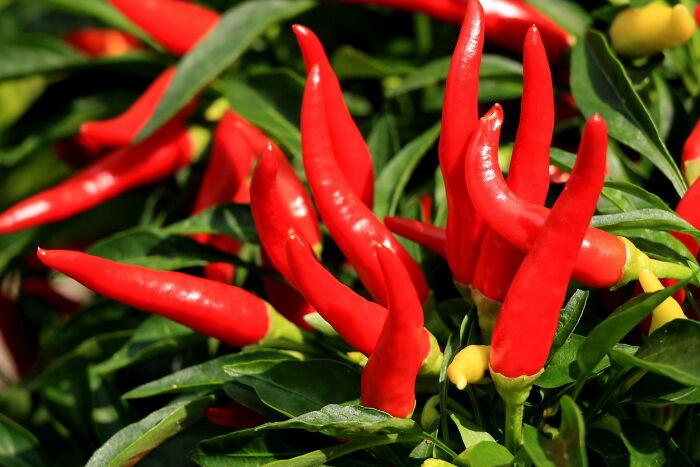 Cayenne pepper-to Enhance flavors. Too many folks assume it is only used to make dishes spicy.
Cayenne pepper-to Enhance flavors. Too many folks assume it is only used to make dishes spicy.
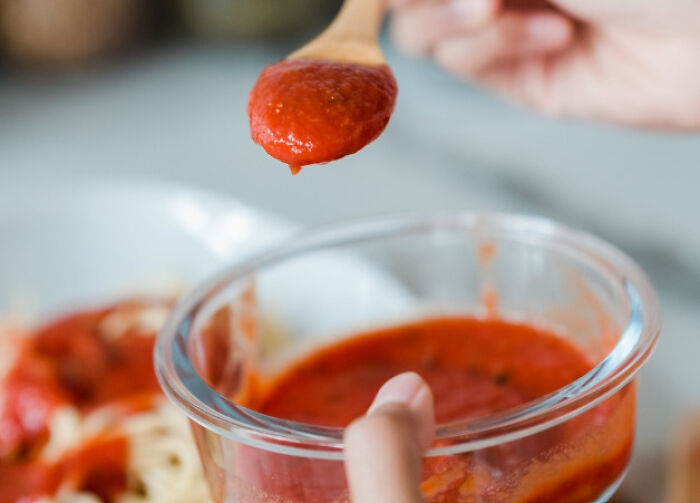 Tomato paste in a tube for steak sauces etc
Tomato paste in a tube for steak sauces etc
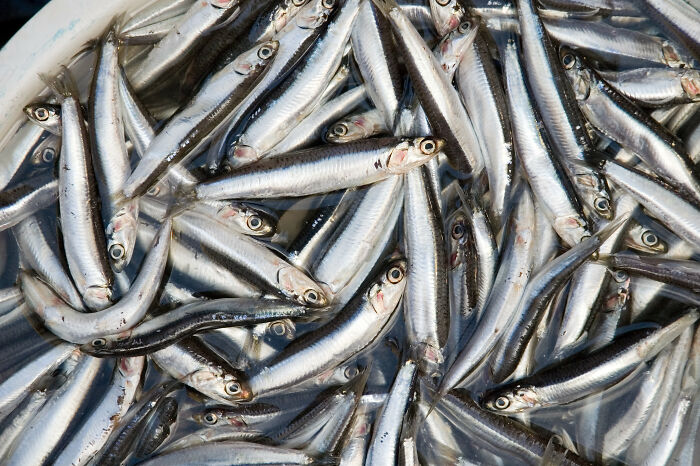 Anchovies. It’s the reason tomato sauces at Italian restaurants always taste so damn good!
Anchovies. It’s the reason tomato sauces at Italian restaurants always taste so damn good!
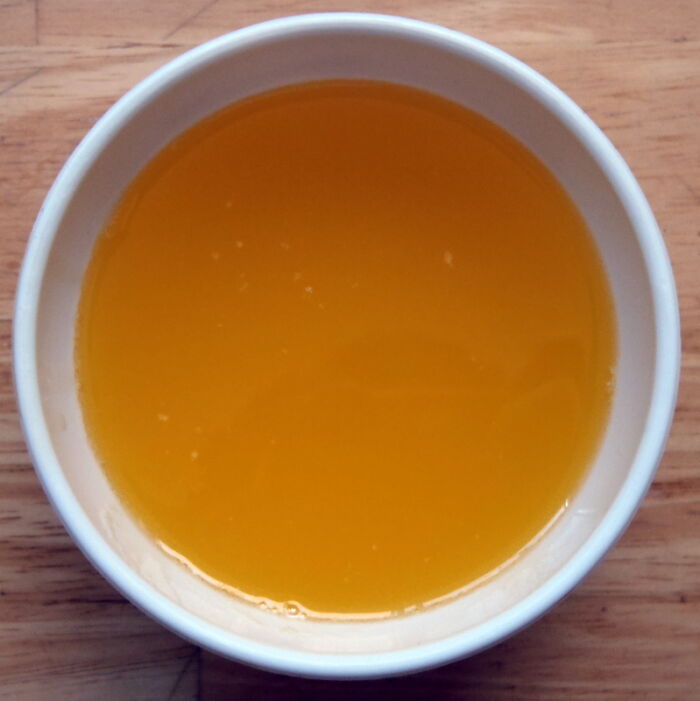 Clarified butter
Clarified butter
Ghee, much used in Indian cooking. Germans call it Bratbutter, i.e. butter for frying.
That's the Swiss Name. In Germany it's called Butterschmalz ;)
Load More Replies... 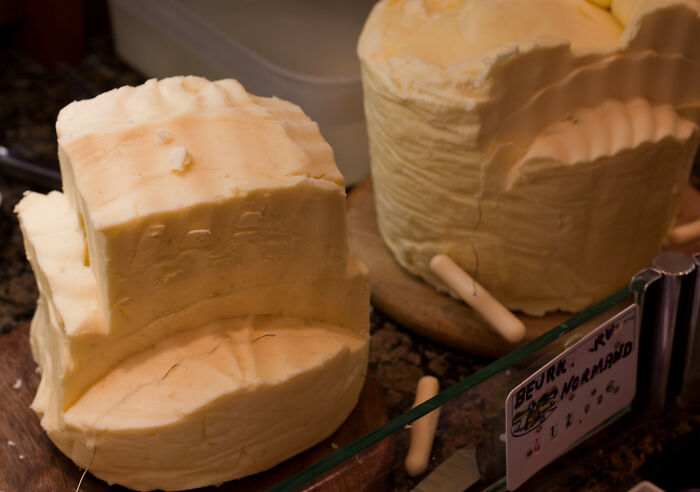 Low water content butter. ( Irish butter, French butter). More expensive but mikes above regular butter. When I was a teen, I worked in a small French resturaunt. Heavy cream and stupid amounts of butter were used. Fresh everything. No cans of anything. Tomato sauce made from bushels of fresh tomatoes every day.
Low water content butter. ( Irish butter, French butter). More expensive but mikes above regular butter. When I was a teen, I worked in a small French resturaunt. Heavy cream and stupid amounts of butter were used. Fresh everything. No cans of anything. Tomato sauce made from bushels of fresh tomatoes every day.
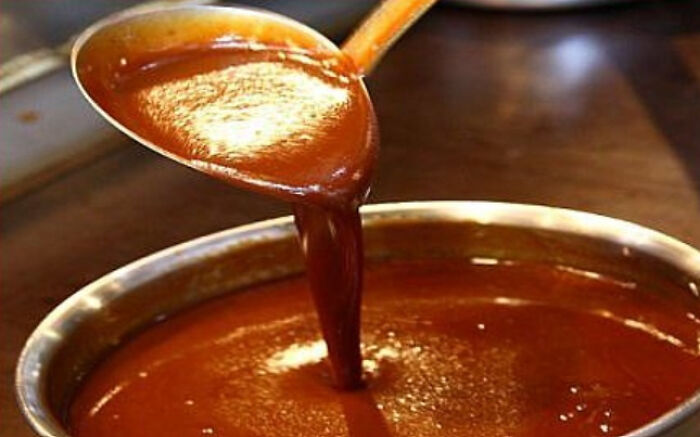 Demi glace
Demi glace
 Sumac.......my life changed after trying that with vegetables like onions and carrots in a salad form.
Sumac.......my life changed after trying that with vegetables like onions and carrots in a salad form.
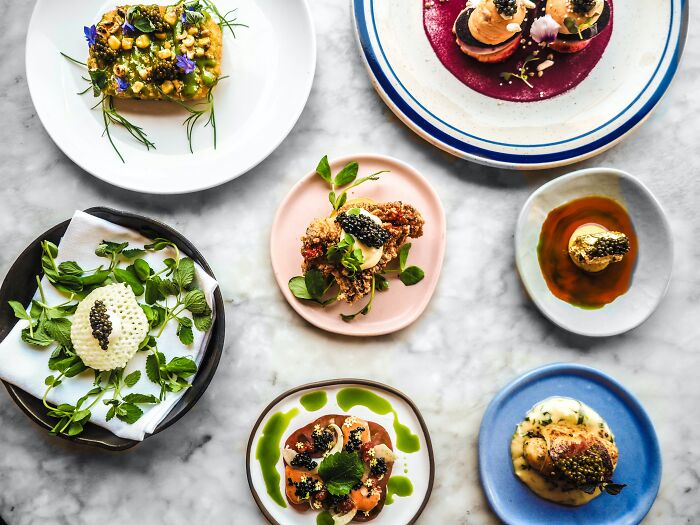 Not really an ingredient, but warm plates. Putting your warm food on a warm plate automatically elevates the atmosphere and doesn't drain any heat from the food, while also keeping your food warmer for longer.
Just put your plate in the microwave for a minute.
Edit: For everyone concerned about damaging your microwave - even empty, one minute won't harm it. 2-3 minutes is still typically going to be fine. Ceramic plates don't absorb quite as well as food, but they do absorb some, which extends that safe duration even more. But you're only putting it in there for 1-2 minutes, where you'd be fine even with an empty microwave. The damage comes from parts overheating, so there's also no risk of damage over time unless you do it repeatedly quite a number of times.
If your oven doesn't have a built-in plate warmer, you can buy standalone ones for under 20$ (a brief price check on google found one for 18$ CAD). Many have said hot water, and that's also an option, I just prefer a microwave because it's easier, faster, doesn't waste water, doesn't need to be dried off, and my water tends to take several minutes to get hot. But if you're heating a large stack, a hot water bath maybe even topped off with a boiling kettle will be faster.
Not really an ingredient, but warm plates. Putting your warm food on a warm plate automatically elevates the atmosphere and doesn't drain any heat from the food, while also keeping your food warmer for longer.
Just put your plate in the microwave for a minute.
Edit: For everyone concerned about damaging your microwave - even empty, one minute won't harm it. 2-3 minutes is still typically going to be fine. Ceramic plates don't absorb quite as well as food, but they do absorb some, which extends that safe duration even more. But you're only putting it in there for 1-2 minutes, where you'd be fine even with an empty microwave. The damage comes from parts overheating, so there's also no risk of damage over time unless you do it repeatedly quite a number of times.
If your oven doesn't have a built-in plate warmer, you can buy standalone ones for under 20$ (a brief price check on google found one for 18$ CAD). Many have said hot water, and that's also an option, I just prefer a microwave because it's easier, faster, doesn't waste water, doesn't need to be dried off, and my water tends to take several minutes to get hot. But if you're heating a large stack, a hot water bath maybe even topped off with a boiling kettle will be faster.
Also, if you cooked part of your meal in the oven you can just put the plates in the still-warm oven for a bit. Just remember to pull them out before they're too hot to handle.
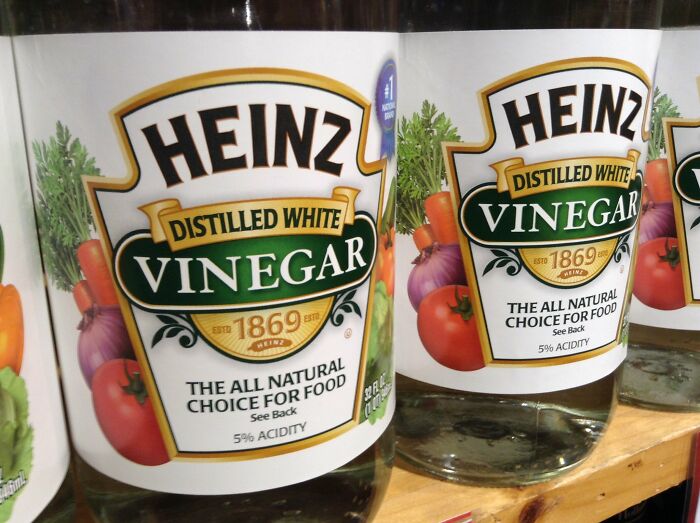 Vinegar
Vinegar
Have sensitivities to chemical scents? Spray some vinegar and water in the air and it will dissipate the chemicals.
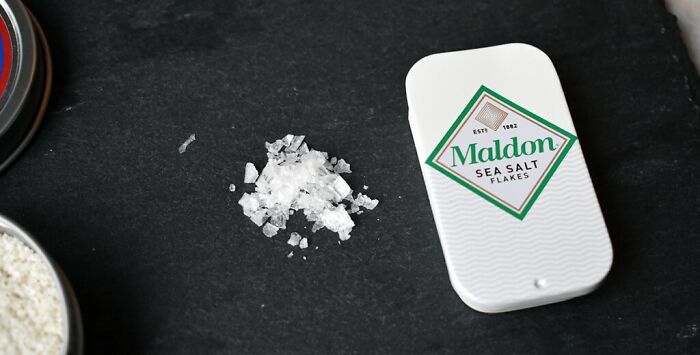 Maldon salt for finishing
Maldon salt for finishing
I tried putting it on brownies once and it was a total gamechanger. Never made them without it since. It gives the dessert a great textural and flavour contrast and it balances out the heaviness and sweetness while somehow managing to bring out the chocolate. Cannot recommend enough!
 - Vermouth and cognac - who stocks those?
- Japanese mayo and the thicker soy sauce (I'm looking at you, SamTheCookingGuy)
- Nutmeg in seed form
- Cream of tartar
- Chives - I'm sorry, can't we just use the green parts of green onions and chop them up?
- Vermouth and cognac - who stocks those?
- Japanese mayo and the thicker soy sauce (I'm looking at you, SamTheCookingGuy)
- Nutmeg in seed form
- Cream of tartar
- Chives - I'm sorry, can't we just use the green parts of green onions and chop them up?
It looks like the cover photo for this article was mixed up. I got this one profession..._800-2.jpg 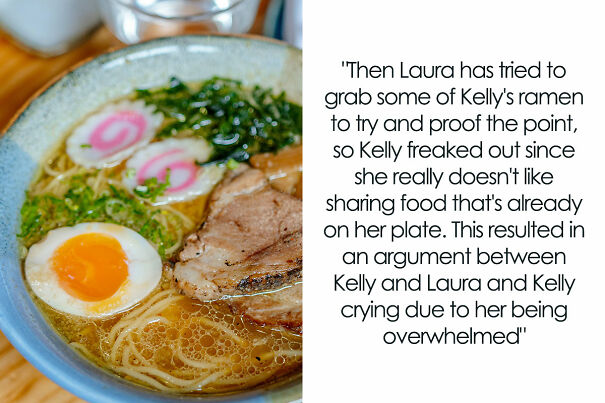
It looks like the cover photo for this article was mixed up. I got this one profession..._800-2.jpg 

 Dark Mode
Dark Mode 

 No fees, cancel anytime
No fees, cancel anytime 








